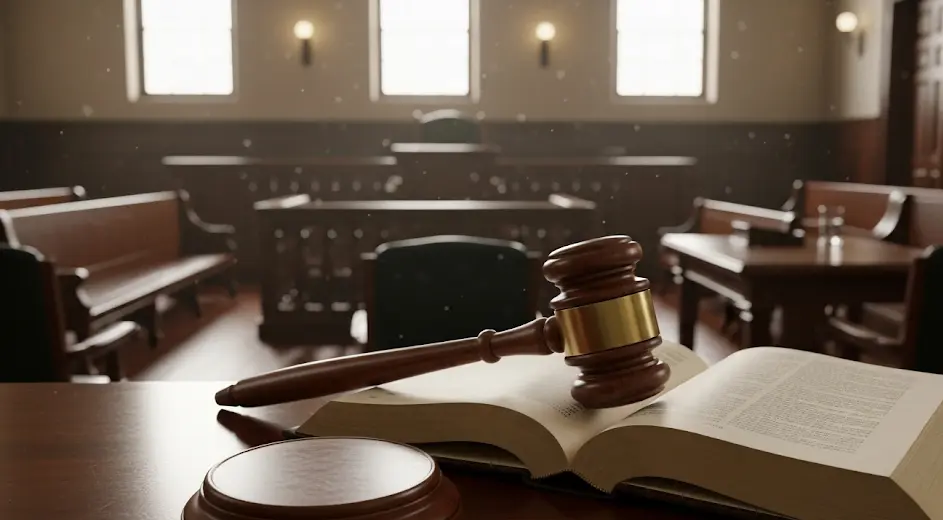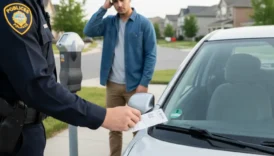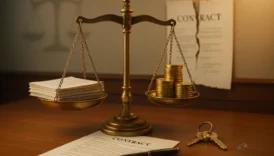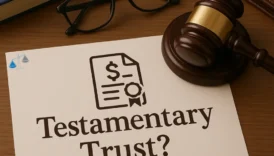What Is a Misdemeanor in the U.S. Legal System?

The term misdemeanor is often heard in American law, but many people don’t know exactly what it means. This article explains misdemeanors in plain English, with real-world examples and answers to common questions.
Simple Definition
A misdemeanor is a type of criminal offense in the United States that is less serious than a felony but more serious than an infraction. Misdemeanors can result in fines, community service, probation, or up to one year in jail, depending on the offense.
Real-Life Examples
- Shoplifting: Stealing a small item from a store is usually charged as a misdemeanor.
- Simple Assault: Getting into a fight that doesn’t cause serious injury can be a misdemeanor.
- Driving Under the Influence (DUI): A first-time DUI offense is often classified as a misdemeanor in many states.
- Trespassing: Entering someone’s property without permission can lead to misdemeanor charges.
Why Is a Misdemeanor Important?
Misdemeanors matter because they can affect your life in many ways. While less serious than felonies, misdemeanors still appear on your criminal record, which can impact job opportunities, housing, and even future court cases. Knowing the difference helps people understand their rights and the consequences they might face.
Comparison: Misdemeanor vs. Felony
- Misdemeanor: Punishable by fines or jail time of up to one year, usually served in local or county jail.
- Felony: More serious crimes, such as robbery or murder, punishable by more than one year in state or federal prison.
Misdemeanors are less severe, but repeated offenses or certain aggravating factors can sometimes lead to felony charges.
Frequently Asked Questions
1. Will a misdemeanor stay on my record forever?
In many cases, misdemeanors can be expunged or removed after a certain period, but this depends on state laws.
2. Can I go to jail for a misdemeanor?
Yes, but the maximum jail time is usually one year or less.
3. Do I need a lawyer for a misdemeanor charge?
It’s always smart to talk to a lawyer, even for minor offenses, to protect your rights.
4. Can a misdemeanor turn into a felony?
Yes, repeat offenses or more serious circumstances can upgrade a charge to a felony.
5. Does a misdemeanor affect my ability to get a job?
Sometimes. Employers may see it on your background check, but it depends on the job and the nature of the offense.
Closing Thoughts
Understanding what a misdemeanor means can help you navigate the U.S. legal system and avoid unnecessary trouble. Even though they’re considered minor, misdemeanors can have lasting effects on your life.






